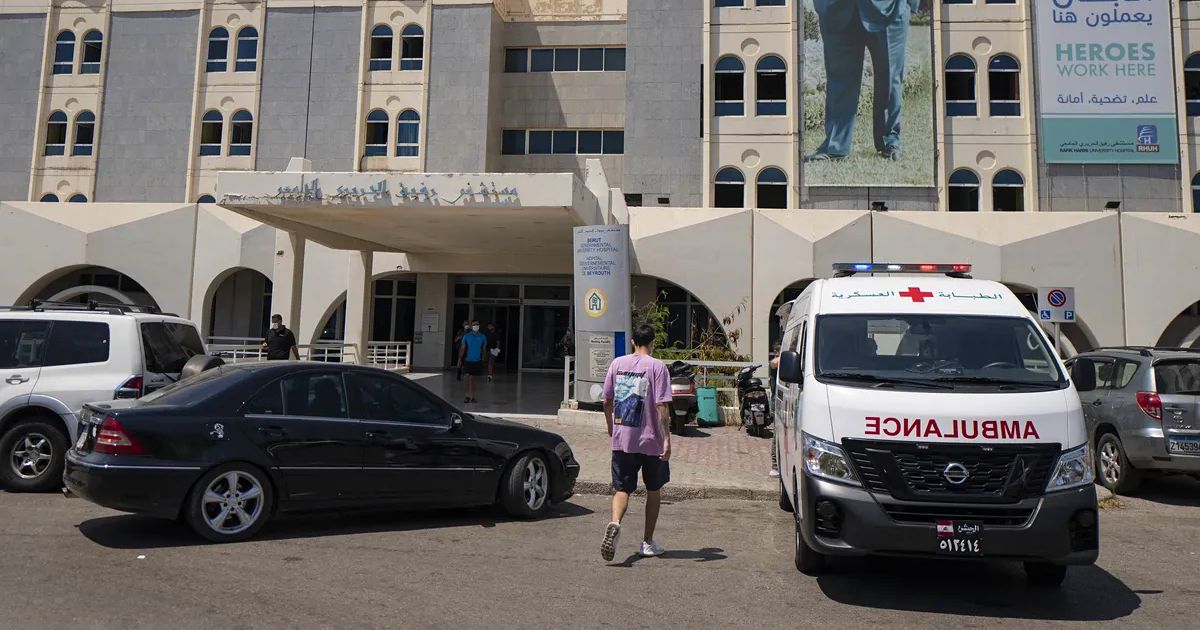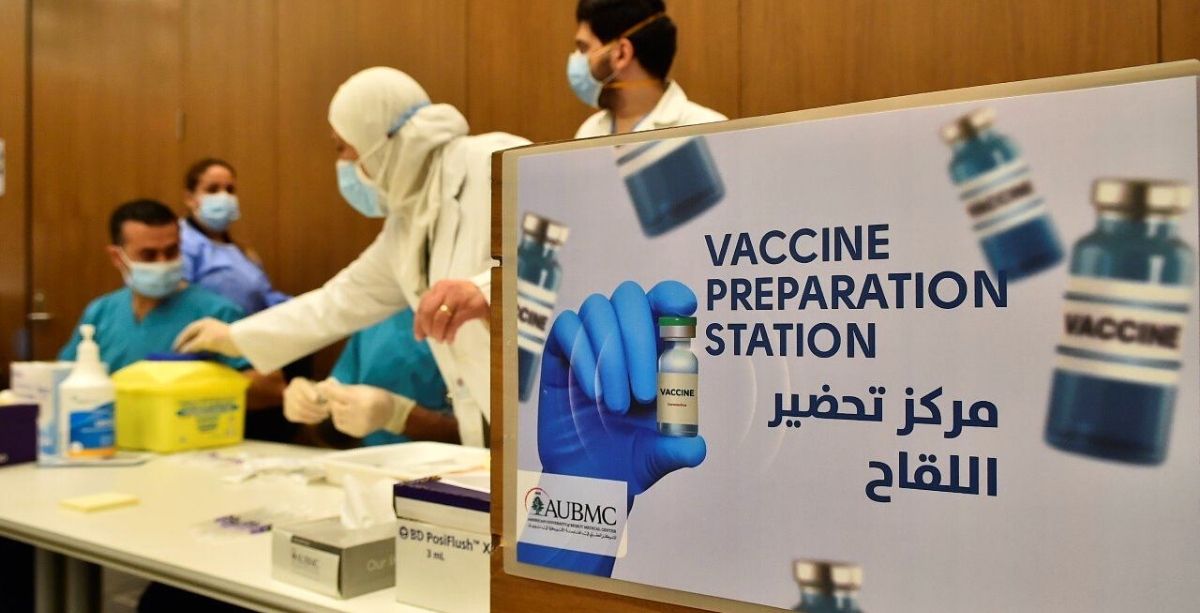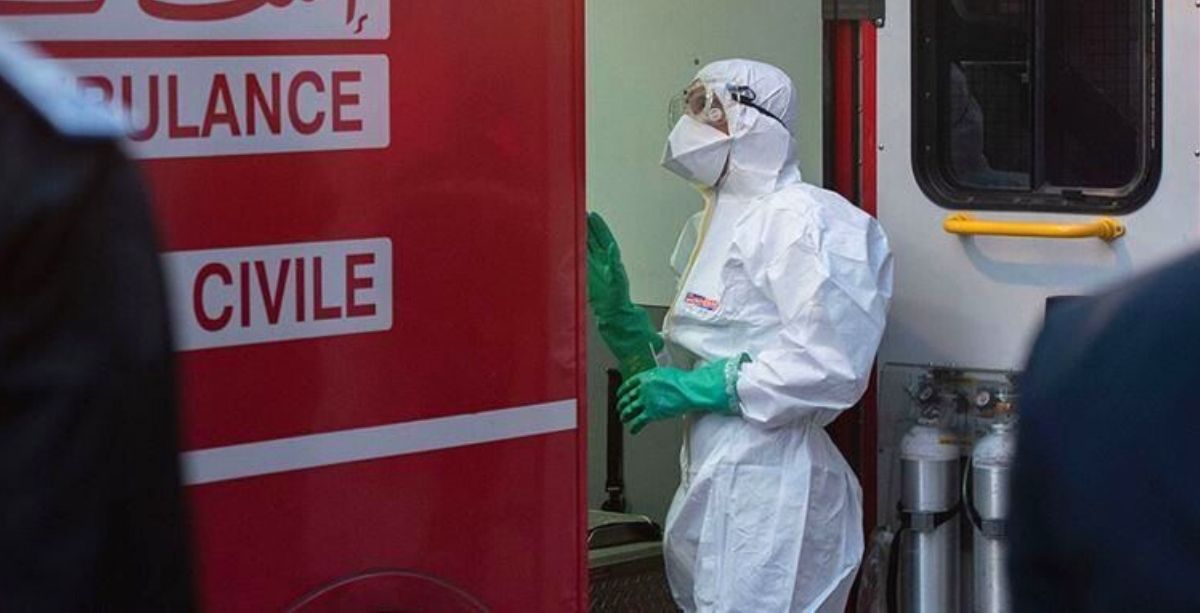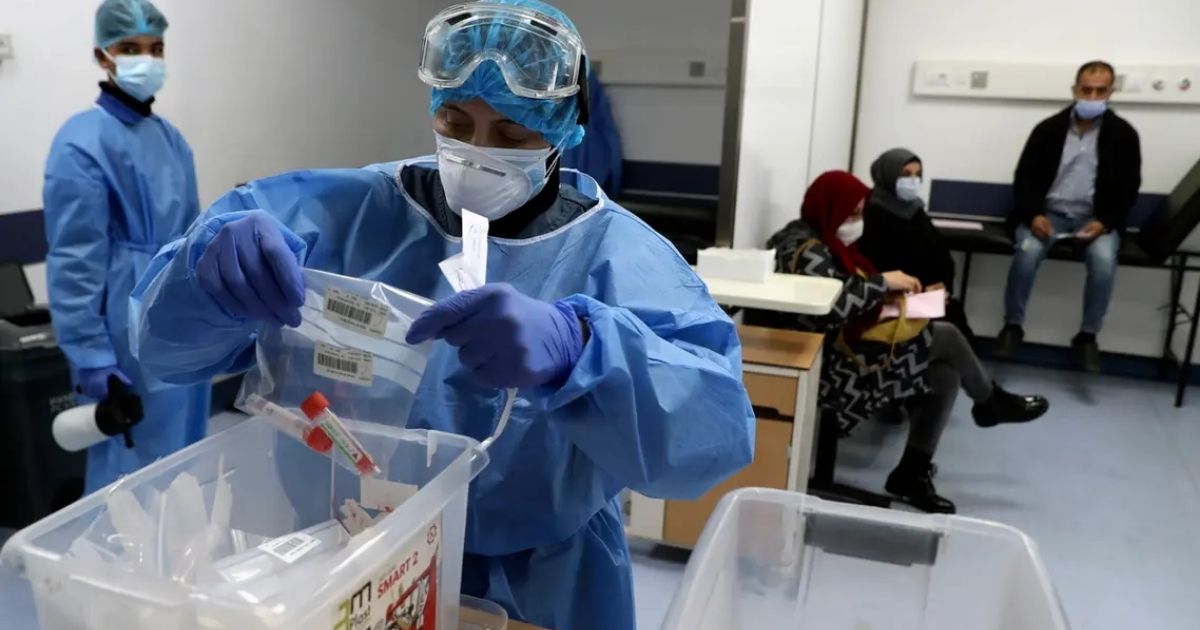There was recently a report by Al-Jazeera that claimed that some hospitals in Lebanon have been refusing to test people for coronavirus without an I.D. or setting prohibitively high testing costs on them. This has led many to fear for their health and well-being.
In the report, they said they spoke with two Ethiopian domestic workers who had been refused to get tested at Rafiq Hariri government hospital (RHUH) because they didn’t carry I.D.
The situation in Lebanon is that many employers leave their live-in domestic workers without ID documents so they won’t escape, which could occur when dealing with abusive employers.
Al-Jazeera reported that they spoke with an unnamed source from Rafiq al-Hariri hospital who confirmed that it was the hospital’s policy to turn away people who didn’t carry documents as long as it wasn’t an emergency.
The source explained to Al-Jazeera that this is because the hospital has to provide the state with a name and the health status of the person in question, adding that contact information only is not enough.
“To be very clear, anyone who comes to us in an emergency condition and needs treatment will be given treatment, but if they are not an emergency case we can’t,” the source clarified to Al-Jazeera.
In order to investigate the claim, we at The961 contacted directly Rafik al-Hariri hospital to see if that was their policy and people without ID were being refused to be tested. The source not only denied it but was even offended by the claim, saying: “We accept everyone even those who are stateless.”
He clarified to us that they only refuse testing people who don’t show any definite symptoms of the Coronavirus. Otherwise, he said, they are accepting everyone, with or without I.D.
That makes total sense since this is a pandemic the hospital, as well as the government, have been fighting hard to contain from spreading, and no one with symptoms could be disregarded.
We have a dedicated coronavirus section where you can find the latest news/updates about the pandemic in Lebanon, inform yourself with WHO-verified resources, and track the number of cases in Lebanon in real-time. Click here.












